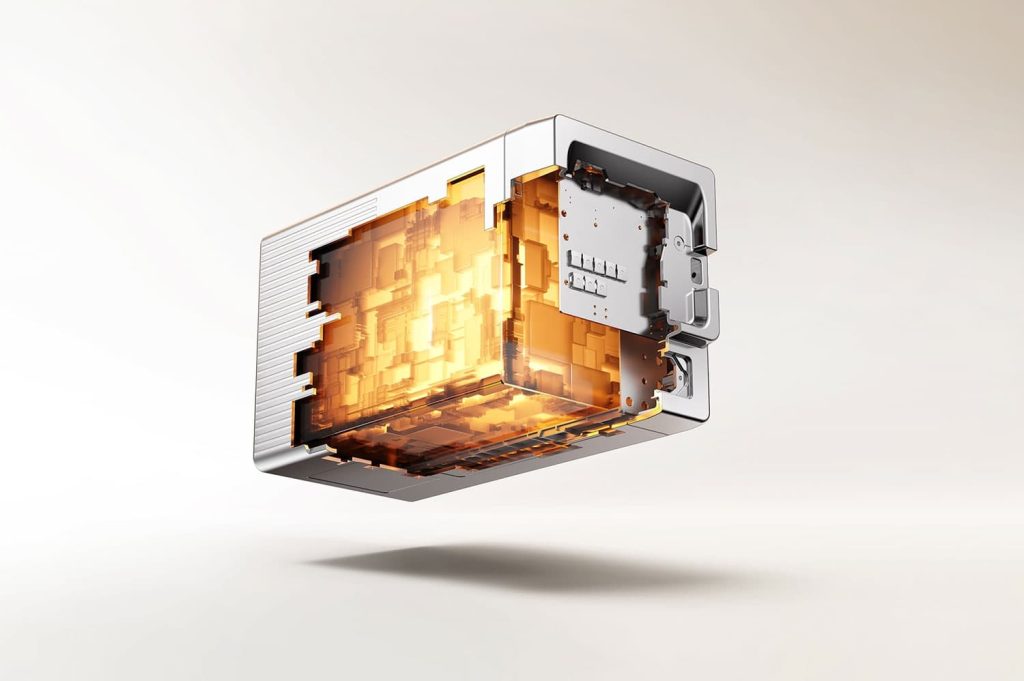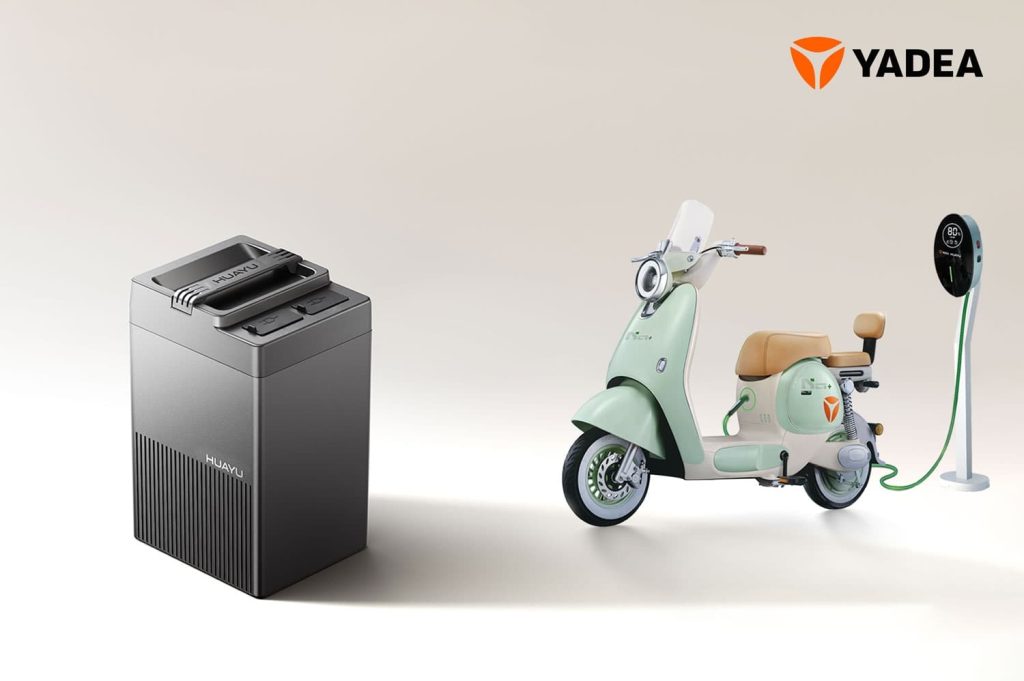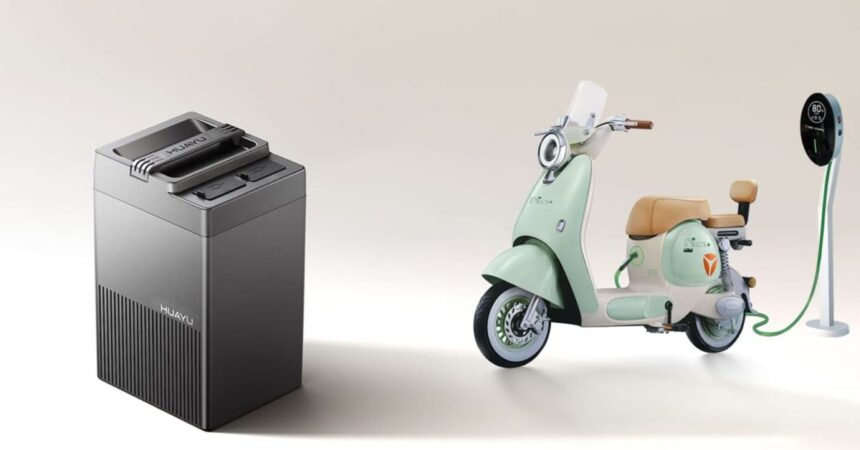Yadea, the world’s largest electric vehicle manufacturer for seven consecutive years, has unveiled its latest innovation: an electric motorcycle propelled by its groundbreaking HuaYu sodium-ion battery technology.
Yadea has long been a dominant force in the global electric two- and three-wheeler market, yet it has historically employed both lithium-ion and lead-acid batteries to power its vehicles across various regions, relying on this dual approach for its widespread reach.
Unveiled to great fanfare, the innovative electric scooter leverages Yadea’s recently introduced sodium battery technology, boasting exceptional performance in terms of range, charging speed, and safety. Using Yadea’s HuaYu Sodium Superfast Charging Ecosystem, the battery rapidly recharges to 80% capacity within just 15 minutes, providing enhanced convenience and peace of mind for riders.
Yadea’s sodium-ion batteries have successfully withstood over 20 rigorous safety tests, including simulations of extreme scenarios such as punctures, crushing, and high-temperature conditions that mimic potential hazards like fires and explosions.
Yadea’s newly developed sodium-based battery boasts an impressive power density of 145 watt-hours per kilogram and a remarkably long lifespan of up to 1,500 charge-discharge cycles at room temperature. The company has confidently estimated its battery will retain its performance for a full five-year period. Additionally, this product comes with a comprehensive three-year warranty, providing unparalleled peace of mind.
With impressive cold-cramping resistance, this battery maintains an astonishing 92% of its capacity even at a frigid -20°C, rendering it particularly suitable for use in extremely cold environments.
Sodium batteries current main benefits
The majority of electric vehicles in use in Western regions, including electric two-wheelers, rely heavily on lithium-ion batteries due to their exceptional power density. While sodium-ion batteries offer several benefits over traditional lithium-ion batteries.
While sodium is indeed abundant and readily available globally, unlike the more concentrated and often expensive-to-extract lithium. This surfeit could lead to cost reductions in sodium-ion battery production, subsequently lowering prices for EV manufacturers, thereby making electric vehicles more affordable.
Lithium mining poses significant environmental concerns, including the depletion of precious water resources and the destruction of habitats. Sodium can also be sustainably sourced from seawater or natural salt deposits, offering an environmentally friendly alternative to traditional production methods.
While sodium-ion batteries demonstrate a reduced propensity for overheating and thermal runaway compared to their lithium-ion counterparts. This design enhances the inherent safety of electric vehicles, significantly reducing the risk of fires and thereby boosting customer trust in EV technology.
Sodium-ion batteries have been shown to outperform lithium-ion batteries in extreme cold temperatures. Sodium batteries demonstrate a significant advantage over lithium-ion counterparts when it comes to retaining efficiency in freezing temperatures, making them an attractive option for electric vehicles operating in cold climates.

Despite significant advancements, sodium-based batteries still face several hurdles to overcome.
While sodium-ion batteries show promise, their current power density lags behind that of lithium-ion batteries, resulting in significantly lower energy storage capacity per unit of weight.
Since EVs are typically designed with smaller batteries and lower power outputs, this means that their driving ranges will necessarily be shorter than those of ICEVs of similar size. Compact battery storage is crucial in electric two-wheeled vehicles such as motorbikes and e-bicycles, where limited space prohibits the installation of bulky batteries.
Notwithstanding advancements in cathode supplies and battery architecture are swiftly bridging this gap, a feat exemplified by Yadea’s pioneering efforts. Despite limitations in power density, advancements in sodium-ion batteries’ performance continue to outweigh drawbacks, suggesting increased industry uptake.
As Yadea cements its position as a reputable electric motorcycle manufacturer, its adoption of sodium-ion battery technology may spearhead the industry’s shift towards this promising battery chemistry, offering enhanced safety and efficiency benefits.

Last year, I had the distinct opportunity to visit one of Yadea’s global manufacturing facilities.
Watch our exclusive video to gain unparalleled insight into the inner workings of this massive and highly mechanized industrial operation.











